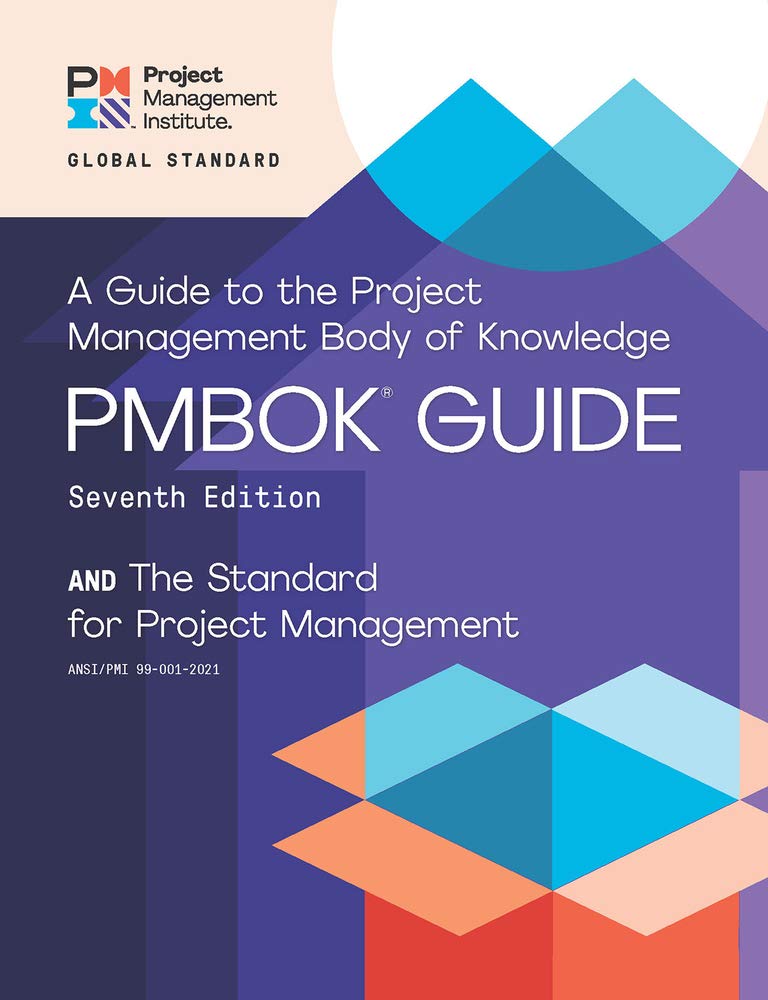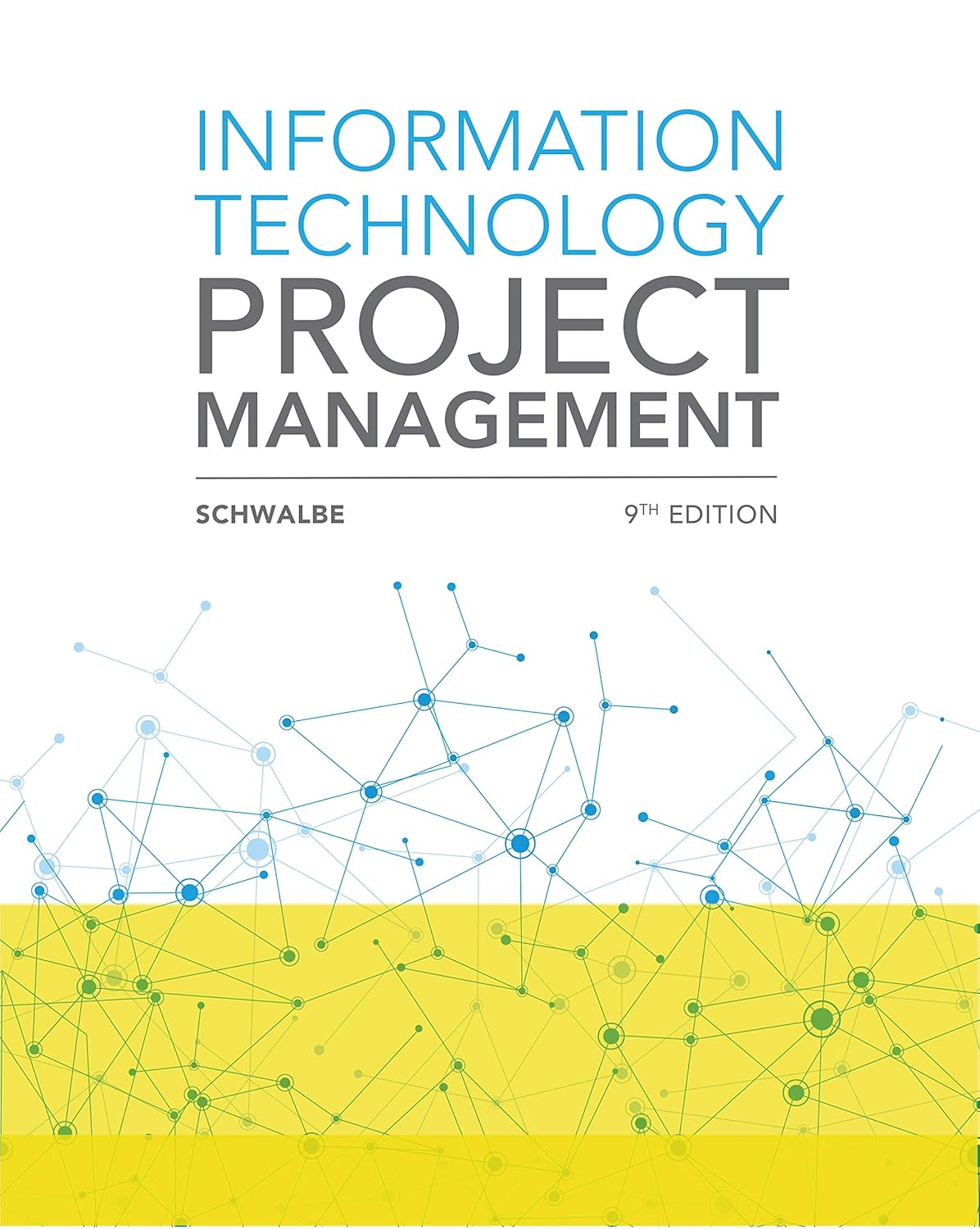
Information
What is Information?
Information is data that has been processed, organized, or structured to give it meaning and relevance. In project management, it refers to the knowledge shared and used to support decision-making, coordination, and planning. It can take many forms, including written reports, charts, meeting notes, and real-time updates from project management software. Information becomes valuable when it is accurate, timely, and tailored to the needs of its audience.
Teams rely on clear, consistent information to manage tasks, monitor progress, assess risks, and align stakeholder expectations. The quality and flow of information often determine a project’s success or failure. Effective communication ensures that the right people have access to the correct information at the right time.
Key Points
- It is processed data that provides context and meaning for decision-making.
- It supports communication, planning, tracking, and evaluation in all project stages.
- Project managers must ensure that information is accurate, relevant, and timely.
- Tools like dashboards, emails, shared documents, and reports are familiar sources.
- Poor information management can lead to miscommunication, delays, and project failure.
Related Terms
- Data becomes useful when it is interpreted and organized into meaningful insights.
- Knowledge management includes strategies for capturing, sharing, and using learnings across the project team.
- A communication plan outlines how stakeholders will share updates throughout the project lifecycle.
- Stakeholder engagement depends on timely and relevant information to build trust and promote collaboration.
- Project documentation contains key information needed to track, review, and evaluate project activities and decisions.
Information: Example
A project manager preparing for a stakeholder meeting gathers progress reports, budget summaries, and risk logs. The manager transforms raw data into meaningful information by organizing it into a concise presentation. This allows stakeholders to understand the project status, identify concerns, and make informed decisions about the next steps.
Information: Best Practices
- Use reliable sources and verify data before sharing it as information.
- Tailor the format and level of detail to suit different audiences.
- Maintain version control to avoid confusion from outdated records.
- Ensure secure storage and access to protect sensitive project details.
- Review and update content regularly to reflect the latest developments.
Additional Resources
Preparing for a PMI certification?
- Exam Prep Courses: PMP®, CAPM®, and PMI-ACP®
- Exam Simulators: PMP®, CAPM®, PMI-ACP®, PMI-PBA®, PMI-RMP®, PMI-SP®, PgMP®, and PfMP®
- Professional Development Units (PDUs): 15, 30, and 60 PDU Bundles




